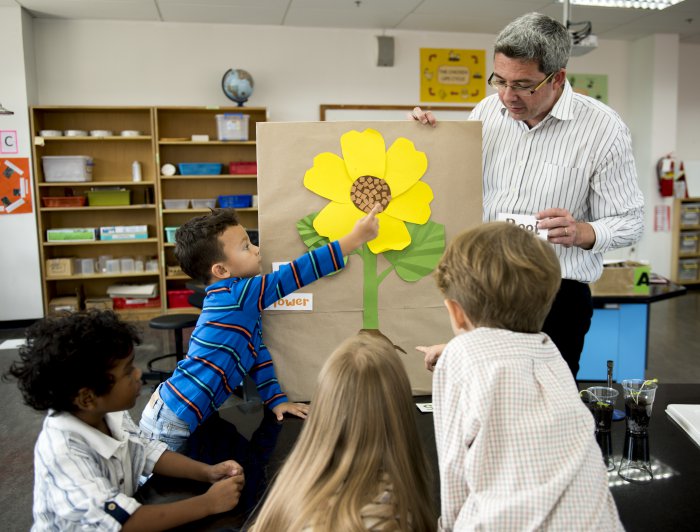We all had dreams when we were kids. We wanted to be pilots, astronauts, professional athletes, drivers, wrestlers, doctors, teachers, musicians, even superheroes! For me personally, I dreamt of maneuvering an F-22 or Su-35 in a tailslide or the ‘kulbit’ a.k.a somersault.
The biggest challenge to turn dreams into reality is to stay motivated and on the right path. While parents, teachers, friends & family, etc. can help one stay motivated and true to their dreams, sometimes that just isn’t enough. We need someone who has been there, done that and is willing to help the little dreamer, a mentor.
But first, who is a mentor?
Remember Yoda or Albus Dumbledore? Though these are fictional characters, how they stand by Luke Skywalker & Harry Potter through thick and thin and help them emerge victoriously is the best example of who a mentor is. Mentors are “wise and trusted counselors.”
As Morris Zelditch, Emeritus Professor of Sociology at Stanford University, summarised, mentors, don different hats as advisors, supporters, tutors, masters, sponsors, and role models.
Next, how can you be a good mentor?
Like any other métier, good mentoring is a skill that is acquired over time. You will get better each day as you nurture young dreamers, your mentee. There is no shortcut to excelling at this. However, there are certain guidelines, a cheat-sheet if you like, for first-time mentors.
- The first interactions are very important to establish trust and build a relationship. Give your mentee time to discuss their experiences and expectations. Be patient as they open up to you.
- Often, we find it difficult to share our lives and details with a person we barely know. Being a good listener helps you build empathy towards the mentee and earn their trust as you create a safe space for them.
- A mentor-mentee relationship needs time to strengthen. Some bonding activities such as discussing non-work topics over coffee or lunch, attending a lecture, or playing a sport together could be of great help in quickening the relationship-strengthening process.
- Sharing your professional and personal experiences, when appropriate, motivates and inspires them better than any other story. It is easier for them to relate to and respect your narrative and take the best suggestions. You can always introduce them to others who could offer them better advice on the said topic that is beyond your expertise.
A great thing today for those starting as a mentor is that you aren’t alone. There are many government-run and not-for-profit organizations that encourage mentorship and provide growth platforms to both mentors and mentees. And the best part, such organizations are spread across the globe and offer mentorship resources to anyone seeking. Below is a list of some organizations in the USA, UK, and India.
USA:
National Girls Collaborative Project
MENTOR: The National Mentoring Partnership
National Mentoring Resource Center
UK:
The Women’s Engineering Society
European Mentoring Coaching Council
India:
Wait, why to be a mentor at all?
A few of the perks of being a mentor are staying on top of the game, strengthening professional connections, gaining fresh and new perspectives, being a better leader, etc. However, in my opinion, the greatest perk of all is the satisfaction we achieve by sharing our knowledge and shaping the lives of young dreamers who are the future of our world. Nothing beats that.
Mentoring is like planting a seed and watering it until it no longer needs our constant monitoring. Then, we rejoice watching it bear flowers and fruits, give shelter to the needy, and it gives rise to more such trees!
So, when are you starting?
Fun fact: In the ancient Greek poem Odyssey, Homer introduces us to an old friend of Odysseus named ‘Mentor.’ Odysseus asks Mentor to take care of his son, Telemachus, while Odysseus fought the Trojan War for 10 long years. Athena, the Goddess of Wisdom, disguised as Mentor and guided Telemachus in the absence of his father. This is the origin of the word ‘mentor.’




